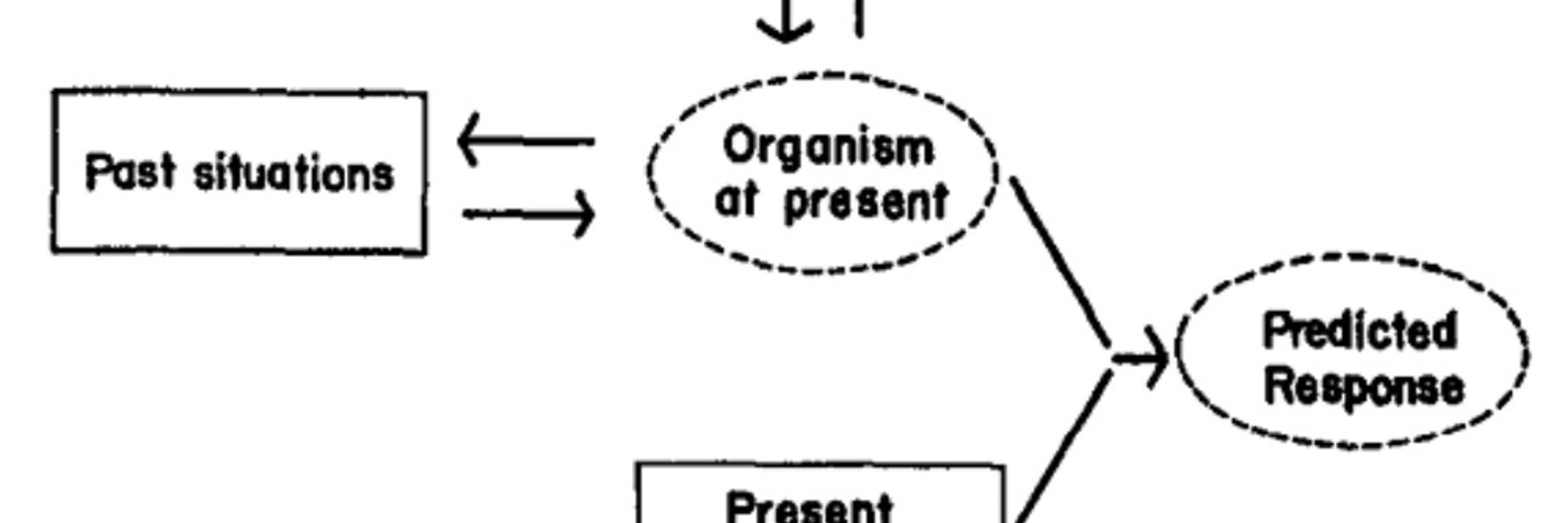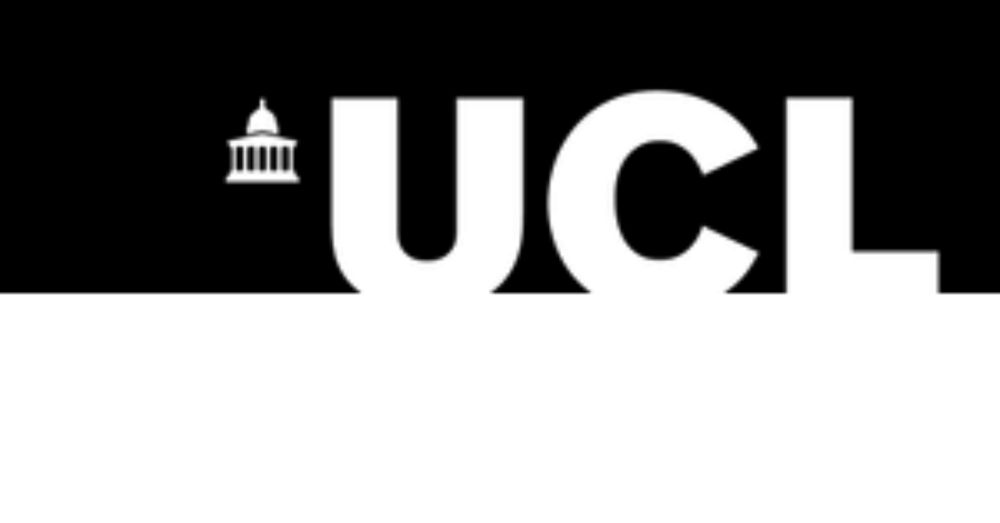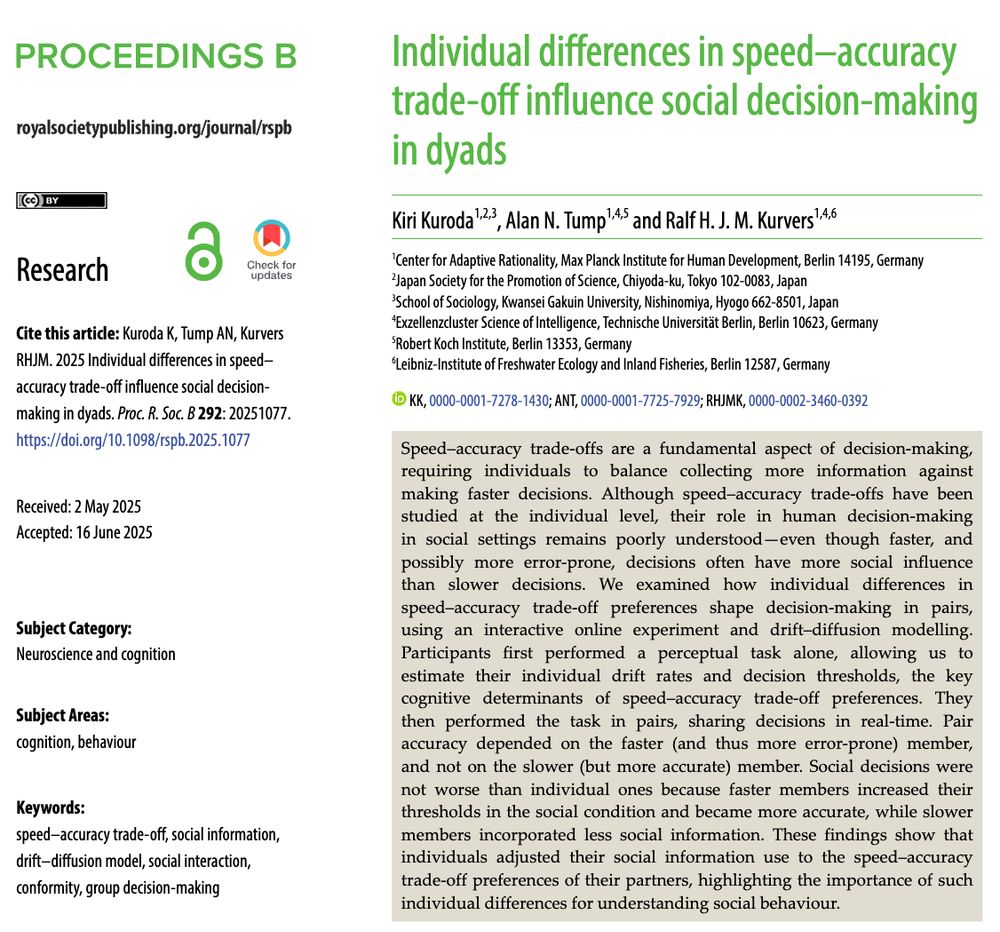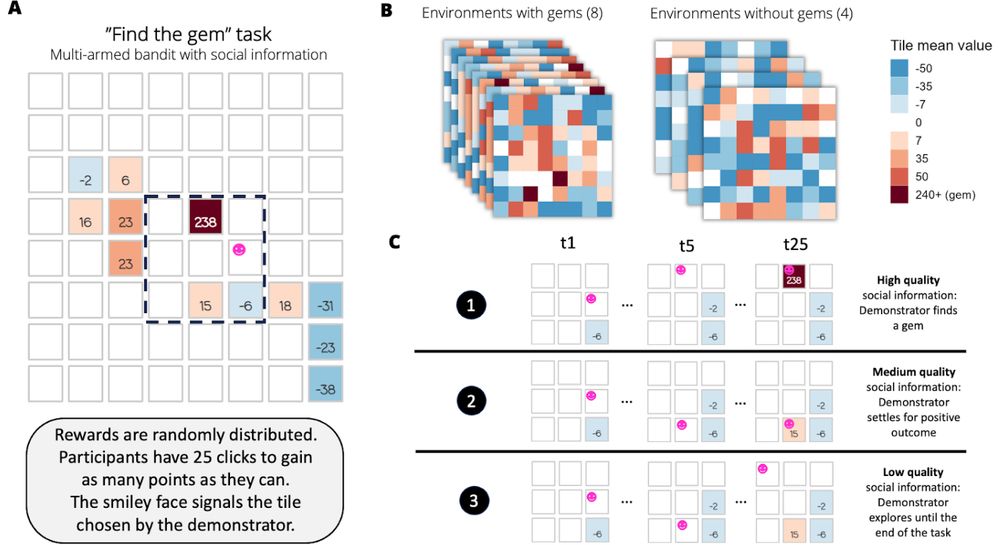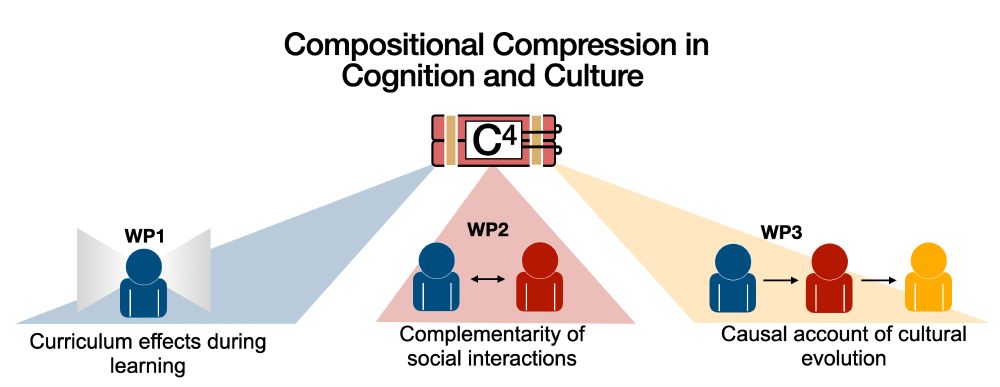Simon Ciranka
@simyciri.bsky.social
180 followers
330 following
17 posts
Researcher - @arc_mpib; in between in Paris @InstitutNicod
What’s going on with those adolescents? What is that „Risk-taking“ everyone keeps talking about? And how do people adapt to poverty?
Posts
Media
Videos
Starter Packs
Reposted by Simon Ciranka
Reposted by Simon Ciranka
Reposted by Simon Ciranka
Lennart Wittkuhn
@lnnrtwttkhn.bsky.social
· Aug 24
Nico Schuck
@nicoschuck.bsky.social
· Aug 22

Replay in the human visual cortex during brief task pauses is linked to implicit learning of successor representations | PNAS
Humans can implicitly learn about multistep sequential relationships between events
in the environment from their statistical co-occurrence. Theore...
www.pnas.org
Reposted by Simon Ciranka
Tobias Hauser
@tobiasuhauser.bsky.social
· Jul 24
Reposted by Simon Ciranka
Reposted by Simon Ciranka
Simon Ciranka
@simyciri.bsky.social
· Jun 26
Simon Ciranka
@simyciri.bsky.social
· Jun 25
Simon Ciranka
@simyciri.bsky.social
· Jun 25
Simon Ciranka
@simyciri.bsky.social
· Jun 25

The actions of others act as a pseudo-reward to drive imitation in the context of social reinforcement learning
This study investigates imitation from a computational perspective; three experiments show that, in the context of reinforcement learning, imitation operates via a durable modification of the learner'...
journals.plos.org
Simon Ciranka
@simyciri.bsky.social
· Jun 25
Reposted by Simon Ciranka
Reposted by Simon Ciranka
Reposted by Simon Ciranka
